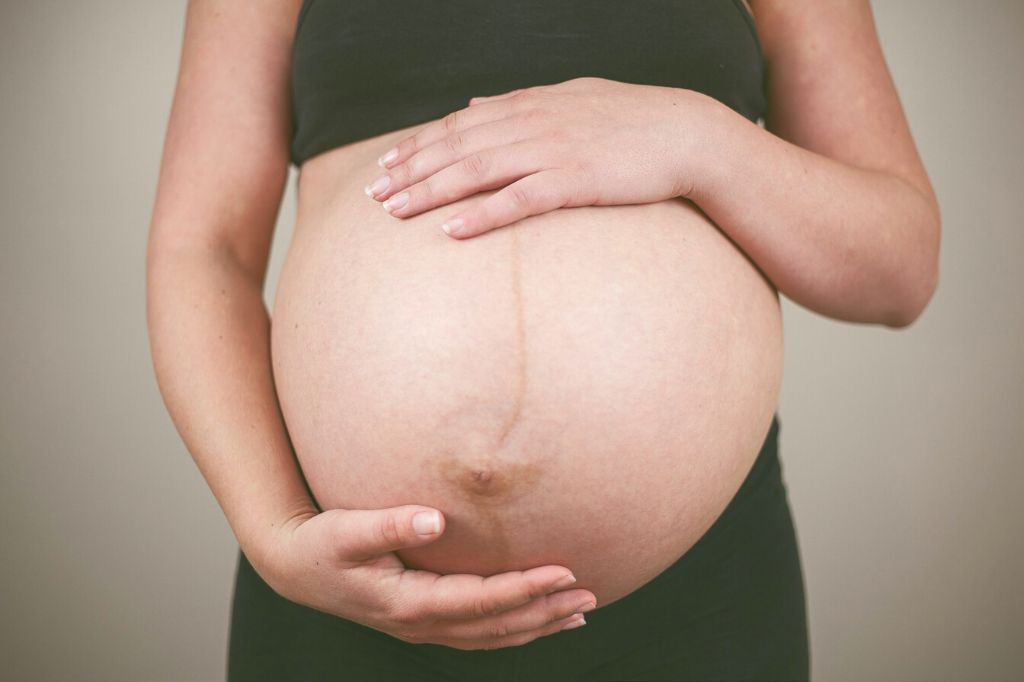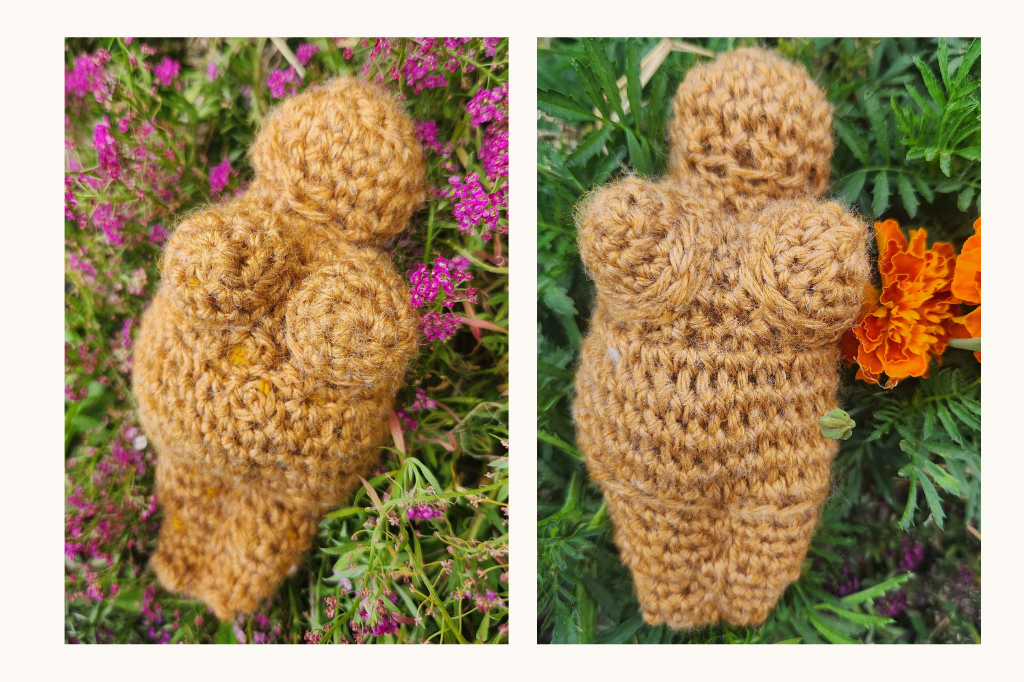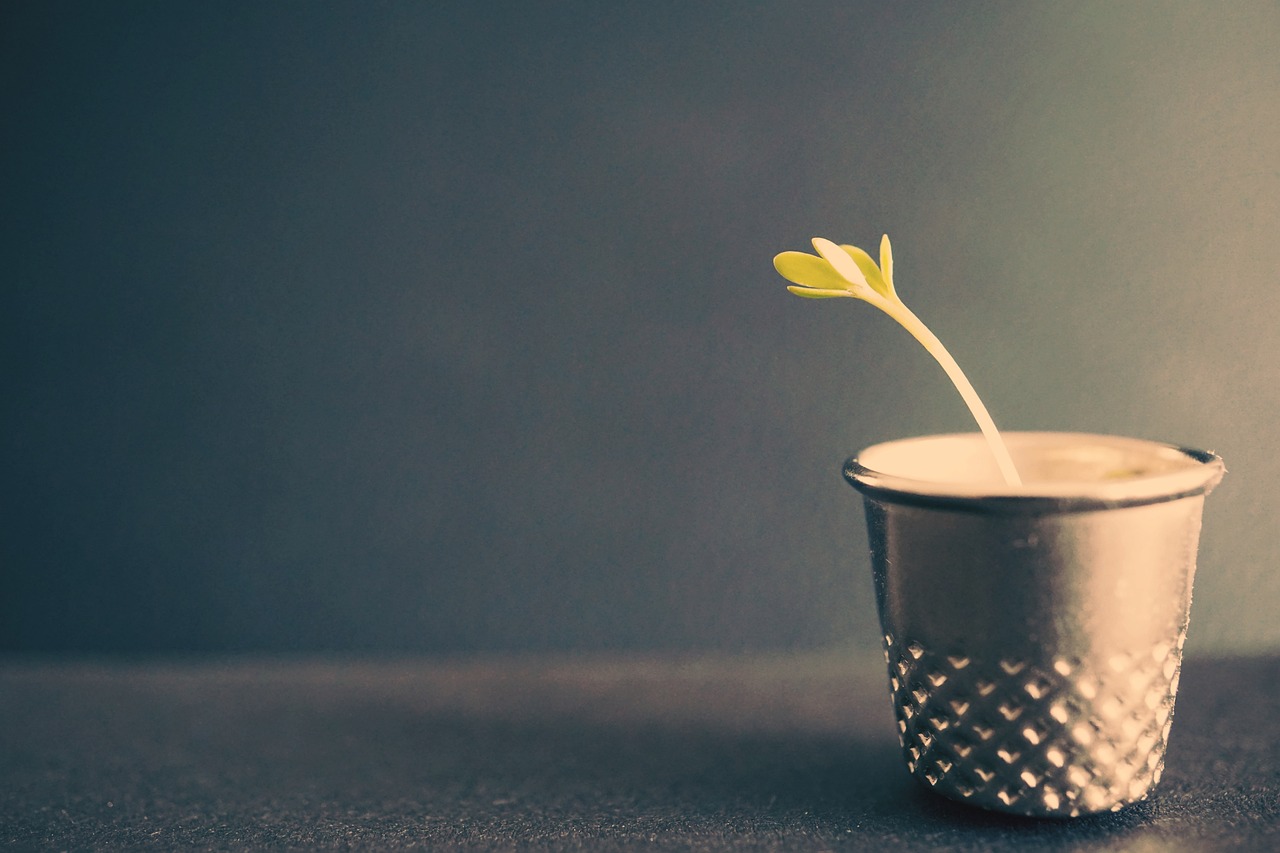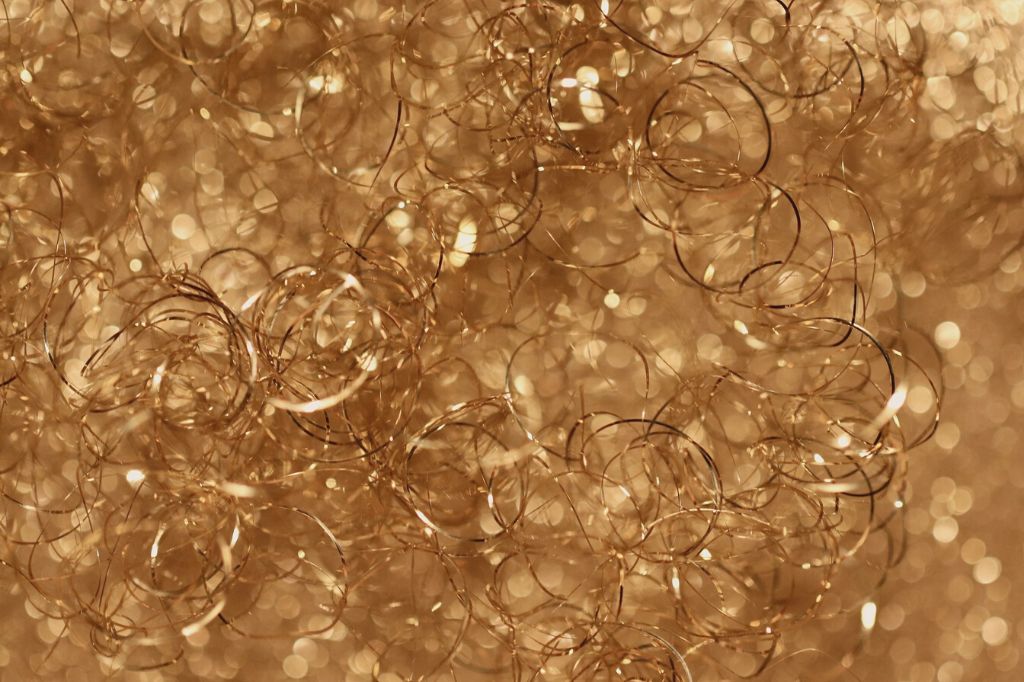(But I REALLY Wish they Had)
There are a few things every expectant mother hears (“sleep when the baby sleeps” and “enjoy every minute” are both awful and popular pieces of advice) but for some reason, no one ever tells you a damn thing about what postpartum is really like.
Aunts, mothers, grandmothers, friends, acquaintances, or health care professionals; they all leave it as a fun surprise for immediately after you’ve had the baby. This means if it’s your first baby you can’t prep for any of it – which I think is cruel.
My second baby is due in a few weeks so postpartum prep has been hot on my mind.
Here are ten things that no one told me about postpartum that I really wish I had known the first time.
1. Hair Loss

All the beautiful thick hair you’ve been growing thanks to your pregnancy hormones? It’s on its way out I’m afraid.
After baby is born you have a big drop in hormones including the ones that have been giving you that luscious mane. The good news is that it isn’t true hair loss, it’s a whole lot of shedding.
During a normal non-pregnant period your hair goes through cycles of growth, rest, and shedding. When you’re pregnant your hormones keep your hair bouncing between the growing and resting phases as a side effect of all that growing your baby is doing.
Then when baby is born and those hormones stop your hair resumes the shedding phase… but it does it including the backlog. If you normally lose 100 hairs in a day, now you’re losing 300.
The good news is that by the time baby turns one your hair should be back on its normal cycle. The bad news is that as all that hair is replaced by new hairs you end up with some pretty funky layers (especially at your hairline).
This is where the stereotype of getting a ‘mom cut’ after the baby is born comes from – frankly, it’s not a bad idea.
2. Sweating

During pregnancy, your body retains water at a higher rate to provide for your growing baby – amniotic fluid, extra blood, etc. Then once baby is here and those hormones drop off your body needs a way to get rid of all that excess moisture.
That means two things; lots of peeing and lots of sweating.
That first week after birth you’ll notice you’re peeing a lot, but after having a baby jumping on your bladder the last few months it may not attract too much notice (especially with so much else going on).
Sweating on the other hand you, probably, haven’t been dealing with up to this point. If you wake up one morning and even your shins are sweating it can be alarming!
Unfortunately, it’s just another thing you have to wait out.
Sweating is often worse at night and can sometimes be worse still if you are breastfeeding versus bottle feeding. If you are breastfeeding it’s important that you’re getting a lot of extra fluid to prevent yourself from getting dehydrated from all the peeing, sweating, and bleeding.
3. Postpartum Bleeding i.e. Lochia

During a normal menstrual cycle, your uterus grows roughly 10-15% (think the size of a lemon to the size of a pear) before shedding that excess material in the form of blood and tissue and shrinking back down to normal.
During pregnancy, your uterus grows from the size of a lemon (4oz) to the size of a watermelon (2lbs). That 2lbs of uterus is holding your baby, lots of fluids, and your placenta.
The placenta is an immensely cool organ that your body grows during pregnancy that acts as the go-between for your body and your baby.
After the birth of your baby, and the breaking of your waters, the placenta is delivered as ‘afterbirth’ which leaves your uterus (hopefully) empty but with a dinnerplate-sized wound from where the placenta was attached.
Putting all that together – there’s a lot of blood, tissue, and mucus that is going to be coming out of your vagina after the baby is born.
Typically this means heavy bleeding for the first 10 days or so with light or spotty bleeding for four to six weeks after birth. It’s not safe to use tampons before the 6-week point which means it’s pads, pads, pads, all the way baby. It’s like middle school all over again.
If you want my advice though, skip the pads the first two weeks and go for adult diapers. Adult diapers are the unsung heroes of postpartum care.
Since you’re going to want to skip wiping with toilet paper at first consider investing in a good upside-down style peri-bottle as another tried and true postpartum necessity.
4. Fundal Massage

Shortly after you’ve given birth to your baby, and your placenta, and just when you’re starting to feel like maybe things are looking up – a nurse or a midwife is going to come over to you and tell you that they’re going to punch you in the uterus.
Well, not quite, but it’s certainly close!
Massaging your uterus immediately after birth is a way to encourage it to start contracting back down to its pre-baby size quickly to prevent post-birth hemorrhage. It also helps to ensure that everything has exited the premises.
You do not want to have any extra little bits left behind!
The last thing you want after giving birth is for someone to knead your uterus like a cat making biscuits, and yet, get ready mama.
It’s gonna happen.
5. Hemorrhoids

If you managed to miss the hemorrhoids during pregnancy don’t be too surprised if they show up now.
Hemorrhoids are common during and post-pregnancy for a couple of reasons including the increase in blood flow to the pelvic area, the weight of the uterus, and hormone changes.
To help avoid hemorrhoids postpartum try to avoid constipation by drinking lots of water and eating foods rich in fiber.
Many women swear by a stool softener in the last week of pregnancy and the first week of postpartum.
That first post-baby poop can be a bit scary given how sensitive everything in that area is so a stool softener is a great way to help prevent hemorrhoids as well as ensure that you aren’t straining too hard when you gotta go.
On the other hand, it could also give you diarrhea (don’t ask how I know) so don’t consider it a 100% must-do.
6. Shivers

Immediately after birth, sometimes during the last stages of labor, it’s not uncommon for women to begin shivering uncontrollably.
No one is quite sure exactly why, most of the theories involve the drop in hormones, the temperature, or a reaction to medications received during labor.
(It’s especially common after c-sections for instance.)
Shivering during the first hour or so after birth is nothing to worry about but it’s good to be prepared by bringing warm comfortable PJs or a favorite blanket from home.
Shivering after that first hour though especially if accompanied by foul-smelling lochia, a fever, or excessive tenderness are all reasons to get in touch with your healthcare provider as they can be signs of infection.
7. Nursing

Here in the US, we can’t quite make up our minds about feeding babies.
The general attitude used to be formula was superior to breastfeeding because it was man-made, then it swung the other way with the rise of the ‘breast is best’ slogan, and now that’s also starting to be replaced with my personal favorite ‘fed is best’.
A full baby is a happy baby, whether it’s formula or breastfeeding.
I was lucky in that I wanted to nurse and I was able to. However, nursing is not the instinctual-easy-painless-cheap alternative to formula feeding that people trumpet it to be.
Some issues you can expect when you first start out include:
- Latch too deep
- Latch too shallow
- Too much milk
- Not enough milk
- Milk coming in too fast
- Milk coming in too slow
- Not nursing often enough
- Nipple Pain
- Nipple cracking
- Nipple Bleeding
- Rock hard boobs
- Leaky boobs
- Poor posture
- Poor positioning
And that’s just the basics!
If you have access to a lactation consultant I highly recommend that you schedule a consultation within the first few hours/days after you’ve given birth. It’s a lactation consultant’s job to help you troubleshoot your issues and diagnose what can be done to help.
If you don’t have access (or you do but you want more community) then Le Leche League is another fantastic resource to look into. They have a large internet presence and several support groups across the country.
The first month or two of nursing can be really challenging. I mean, really really challenging. Having the support of an expert and a community can make a lot of difference.
As can your pediatrician!
If you are wanting to breastfeed be sure to ask your pediatrician if they support that decision during your first visit. A pediatrician that doesn’t support your decision to nurse is unlikely to give good advice on improving any issues you may be having.
(Also consider skimming the first few chapters of your breastfeeding books before baby gets here, no matter how well baby sleeps you are not going to have time to read it afterward – trust me I have made this mistake).
8. Hungry forever

You can never have enough to eat after you’ve had a baby.
This is true if you choose to bottle feed and it is extra true if you’re nursing. Breastfeeding requires a minimum of an extra 300-400 calories a day.
No matter what your goals are for your postpartum body don’t start trying to do any kind of dieting in the first few weeks. Your body is going through some massive changes, you’re bleeding a lot, you probably aren’t sleeping much, and your hormones are totally off the charts – do yourself a favor and eat a lot.
The last thing you want to add to all of that is crashing blood sugar.
There will be time later to worry about weight gain or weight loss or getting rid of the mommy pouch or whatever else people try to sell you on, but for those first few weeks treat yourself like a baby.
Postpartum is the fourth (secret) trimester where you are born as a mother.
You and your baby have a lot of the same needs, you need to be fed, you need to sleep, and you need to be supported emotionally by those around you.
So mama, if you’re on your fourth or fifth meal of the day and it’s only 2 pm – don’t stress about it. That’s exactly what you need right now.
9. Hormone Dump

Immediately after birth your hormones start dropping back to pre-pregnancy level, and they don’t do it slowly. The drop in hormones postpartum is the largest hormone change, in the shortest frame of time, that any human experiences at any point in their lives.
It’s like putting your whole brain into a blender for a week.
After the first week your hormones are, mostly, back to their pre-pregnancy baseline… unless you’re breastfeeding. If you’re breastfeeding it can take up to a year for all of your hormones to balance out. The upside is that breastfeeding does increase your oxytocin levels which can help to negate some of that.
If you want to try and get ahead of the hormones (and I really really recommend that you do) two of the best things you can do for yourself are to sleep and eat.
But that can be easier said than done.
The transition from your life before baby to life after baby is a total rebirth for you as a person.
It’s normal to feel overwhelmed, isolated, depressed, and even to miss your life pre-baby. While some of that is the hormonal change some of it is just… everything else.
If everything is starting to feel like too much I encourage you to reach out to friends and family, especially if you know any other moms.
If you don’t know any other moms yet I recommend the app Peanut – think tinder but for making other mom friends.
10. Insomnia

After all those other things you’d think that the one thing you’d be able to do is to fall asleep as soon as your head hit the pillow – and yet…
Thanks again to that hormone shift, all the physical changes, and the needs of a newborn for constant feeding it isn’t uncommon for new parents (and especially mom) to develop insomnia.
Insomnia is common in the last month of pregnancy and during the postpartum stages and it can be a living nightmare.
Sleep deprivation is nothing to joke about and can lead to things such as:
- memory issues
- mood swings
- difficulty concentrating
- weakened immune system
- weight gain
- high blood pressure
- among others!
It is also one of the leading catalysts for postpartum depression, anxiety, and rage.
Some things that you can do to help squeeze in more sleep are:
- Support your circadian rhythm (and help baby establish one) by keeping things bright during the day and dark at night
- Sleep bank – If you can sleep, do sleep, getting lots of little cat naps during the day actually counts toward your sleep for the day
- Explore safe co-sleeping options so you can limit your wake windows during nighttime feeds
- Don’t force it – If you find yourself laying in bed kicking yourself for not being asleep, get up. Instead try light stretching, reading a book, or listening to a podcast. The goal is to stop thinking about how much you need to sleep so that your body can relax and actually fall asleep.
- Practice meditative breathing – Breath in from your fingertips and breath out to your toes and try not to think about anything but your breath. Even if you don’t fall asleep deep breathing can help to regulate your blood pressure and re-center you emotionally.
- Avoid blue light at night. Blue light can disrupt the body’s production of melatonin which in turn can disrupt your sleep schedule. If you need to do some mindless scrolling in the middle of the night make sure your phone is in night mode.
What do you think?
How many of these were you warned about before your baby was born? Is there anything you would add to this list?
Comment below and let me know!
For suggestions on how to get ahead of postpartum check out my post Prepping for Postpartum: Mom Edition and Prepping for Postpartum: Toddler Edition









2 responses to “What No One Told Me About Postpartum”
Yes!! All of this is wonderful information. The adult diapers are the best advice! I ended up doubling up on the long hospital pads and they gave me some to take home too. Disposable underwear is a good one too if adult diapers aren’t available. Nobody prepared me for how much I would bleed afterwards. I ended up getting blood on the toilet a few times but my partner just cleaned up and told me not to be embarrassed, I’d just had a baby.
Now something I was absolutely not prepared for was going pee after a C-section. I had a catheter inserted and after they took it out they wanted me to try and pee. I couldn’t sit on a toilet to pee so I asked if I could pee in the shower and it count, the nurse told me to go for it, as long as I peed it didn’t matter.
Wow, I didn’t know that about C-Sections! I guess it makes sense but oh boy that does not sound like fun. I had a home birth with my first so the hospital experience is a bit foreign to me. It sounds like your partner was really supportive! That makes such a difference.
Thank you for the comment!